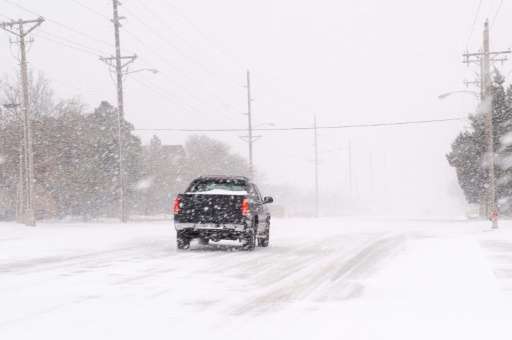Storm and Blackouts lead to Disaster in Texas

March 18, 2021
Back in April, Texas suffered unexpected snow storms and a widespread loss of power. Hundreds of thousands of residents were left cold and without power amidst the brutal winter weather. The cause of these massive outages is thought to be the overloaded utility grid, as well as the frozen turbines. These two factors combined to wipe out water and electricity across the state, and with little government intervention, locals relied on gathering and boiling water from public pools and other such methods to sustain themselves and their families during this time.
ERCOT, the Electric Reliability Council of Texas was met with multiple lawsuits due to their part in the outages. Allegedly, they received word of the incoming trouble weeks in advance, and yet the Council, supplying 90% of the state’s power, took a massive hit during the storms, leaving many powerless amidst the frigid temperatures. Dozens of deaths have been attributed to the storms, many resulting from carbon monoxide poisoning as freezing individuals fled their unheated homes to their cars in an attempt to stay warm. Other casualties stem from prolonged exposure to the cold, or trying to navigate through the snow and ice in search of aid.
Despite ERCOT’s undeniable role in the disaster, the state was ill prepared for such weather in many other ways. While parts of Texas do experience snowfall, the state as a whole lacked the resources necessary to deal with storms on the scale that it witnessed. North Texas didn’t have access to a single snow plow, and food shortages quickly became a problem.
Furthermore, the Texas Council for Developmental Disabilities also addressed the situation and how devastating the effects have been for those unable to gain aid or assistance during the storms. “…individuals with disabilities were forced to live without needed support, to risk dangerous travel conditions to reach hospital emergency rooms to access power for essential medical equipment, and to overcome many other obstacles. Whether it is hurricanes or snowstorms, it remains evident that Texas needs improvement in emergency preparedness and response for people with disabilities.”
Their statement continued: “Even in these difficult times, we are reaffirmed in our belief that Texans are strong. We have been inspired by your acts of kindness as we’ve witnessed neighbors helping neighbors by offering rides to essential workers, sharing food and water, and even opening up homes to share warmth and shelter…”
The page also listed some ways for Texans to take action, including reaching out to legislators, filling out surveys, supporting nonprofit organizations, and extending aid when possible in times of need.
While many officials are still facing backlash, measures are being taken to prevent disasters like this from happening again. The Texas Department of Transportation has purchased almost thirty snowplows, and Dallas has nearly doubled the amount of sand purchased to manage icy roads. The results of the ERCOT lawsuits are yet to be seen, but it’s likely that they will face some degree of legal consequences.



